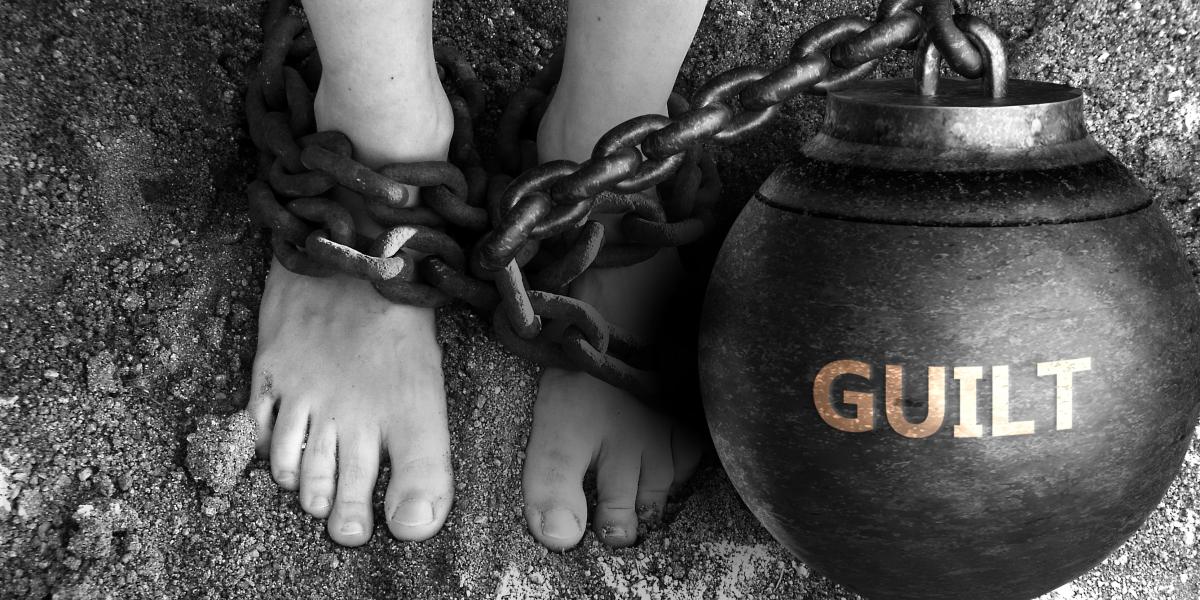Slavery and Shared Responsibility
The historical significance of slavery in the United States has spurred an ongoing debate about reparations, particularly as certain states, such as California and New York, explore the idea of compensation for the harm caused by slavery. With New York City’s recent legislation to study the impacts of slavery and formulate a reparations plan, the conversation around this topic has intensified. While the financial implications of reparations, such as California’s proposed $800 billion measure, are often raised, it is essential to delve deeper into the ethical and moral considerations that underpin the institution of slavery. Understanding these principles is crucial to formulating a coherent stance on the proposed reparations.
From a Rothbardian perspective, slavery is fundamentally immoral as it infringes upon the principle of self-ownership, a natural right every individual possesses. According to libertarian thinker Murray Rothbard, the notion that one individual can own another contradicts the idea that each person is entitled to autonomy over their own body and labor. This principle is echoed by abolitionist William Lloyd Garrison, who argued that laws permitting slavery are null and void under divine scrutiny. In contrast, examining slavery through the lens of Roman law reveals a troubling justification for human ownership that reduces individuals to mere property—a view that Rothbard and others would find completely unethical. This historical context moves the discussion from a mere recognition of slavery’s immorality to a deeper consideration of how society should address past wrongs.
The concept of reparations raises significant ethical concerns, particularly regarding collective guilt. While it is universally acknowledged that historic wrongs, such as African slave trading and European piracy, were gravely unjust, the question arises as to whether current generations should be held accountable for these actions. It is essential to recognize that moral responsibility is an individual matter rather than a collective one. Therefore, imposing reparations on contemporary individuals for the crimes of their ancestors is ethically problematic. As David Gordon articulates, retribution should be targeted at the perpetrators and not extended to their descendants. This individualistic approach to justice emphasizes the importance of personal accountability over collective punishment.
Moreover, the feasibility of addressing historic injustices through financial compensation raises further ethical questions. If reparations are to be levied, who would determine which historical crimes merit compensation, and which should remain unaddressed? This could set a precedence for an endless cycle of demands across various groups that have faced discrimination or injustice throughout history. Observations made by scholars like Walter E. Williams highlight the complexities of reparations when considering the diverse range of ethnic groups in the U.S. that have experienced hardship. The lack of a principled argument explaining why only certain groups should receive reparations, while others do not, complicates the discourse and risks creating further divisions rather than healing.
Some proponents of reparations argue that slavery constitutes a unique historical injustice that warrants differentiation from other forms of discrimination. However, this viewpoint lacks a coherent foundation since suffering is subjective and cannot be universally quantified. For instance, comparing the atrocities of slavery to murder raises troubling questions about prioritizing one group’s pain over another’s. Initiatives that attempt to rank suffering based on numerical victim counts or lasting socioeconomic impacts are fundamentally flawed, as they ultimately serve to trivialize the experiences of various oppressed groups. This creates a precarious environment where each group feels compelled to justify their own historical victimhood, which can lead to even greater feelings of resentment and grievance.
Murray Rothbard’s perspective on collective guilt reinforces the notion that guilt only lies with the individuals who committed injustices. In a time where society is inundated with various forms of guilt—ranging from historic atrocities to contemporary issues—the conflation of these burdens risks paralyzing public discourse and evading personal responsibility. Rothbard contends that such guilt perpetuates a culture of victimhood, distracting individuals and society from addressing current injustices adequately. Instead of navigating the complicated terrain of reparations based on historical grievances, it may be more prudent to eliminate the concept of collective guilt entirely and refocus efforts on fostering a just and equitable society without resorting to punitive measures against contemporary individuals based on actions that occurred in the distant past.
In conclusion, the debate over slavery reparations necessitates careful consideration of ethical principles, individual responsibility, and the implications of collective guilt. The conversation should shift toward addressing present inequities without being mired in the complicated legacy of historical injustice. As contemporary society grapples with its past, it is vital to acknowledge the immorality of slavery while avoiding the pitfalls of collective atonement, which can hinder both reconciliation and progress. By emphasizing personal accountability, fostering open dialogue, and addressing current social issues, there remains an opportunity to forge a path toward genuine healing and understanding, transcending the complexities of historical grievances.
Share this content:












Post Comment